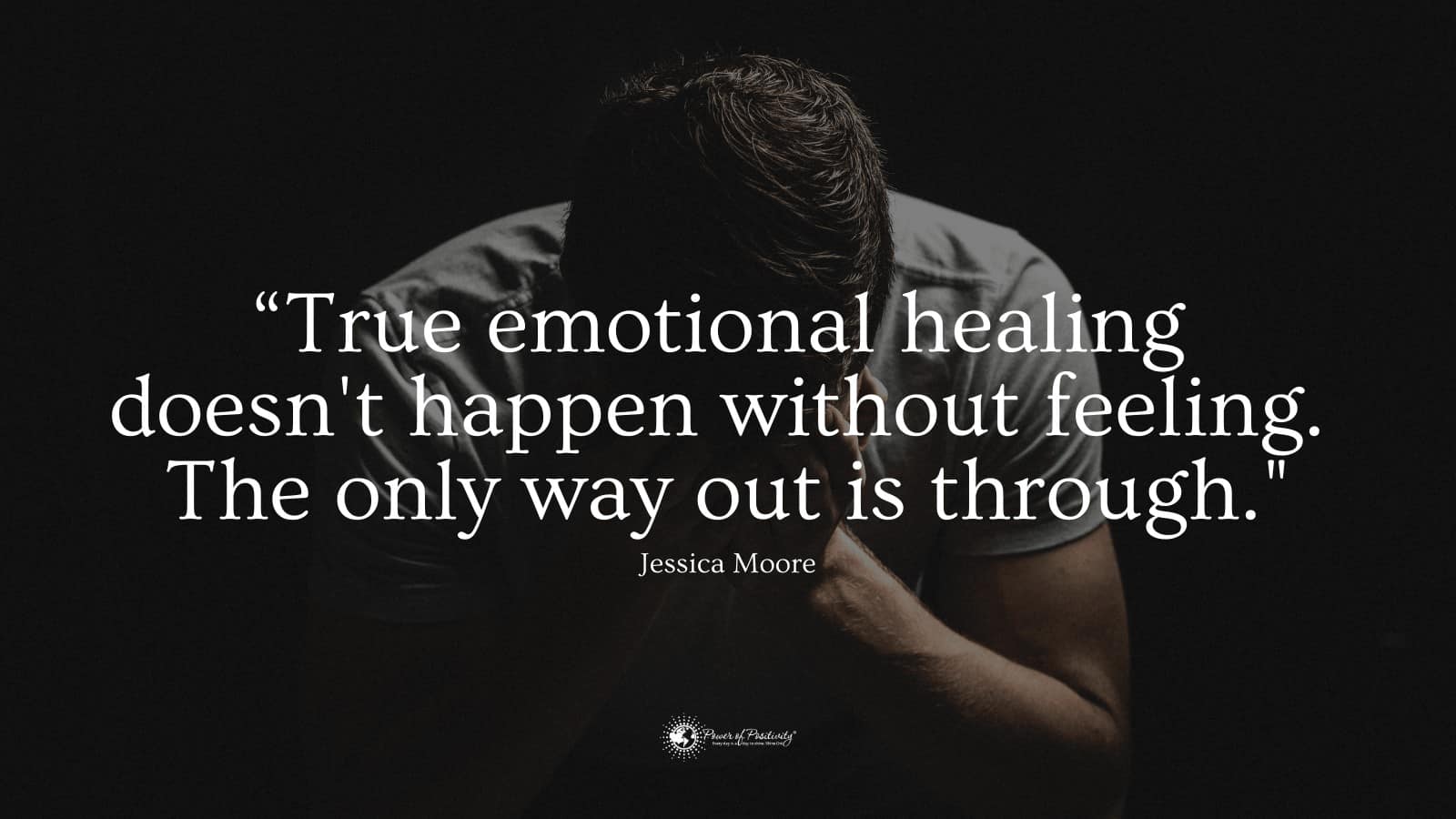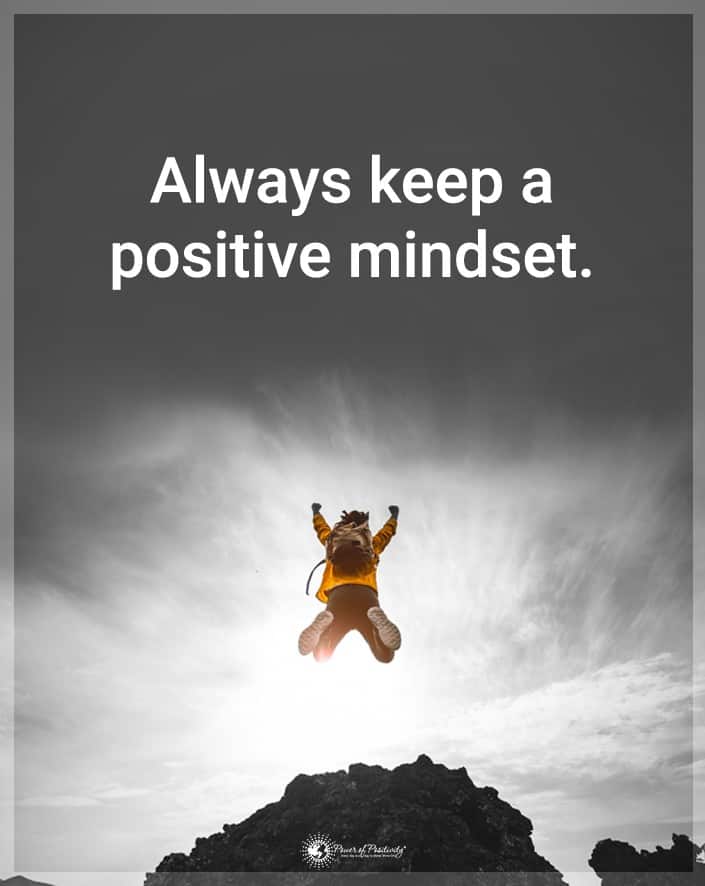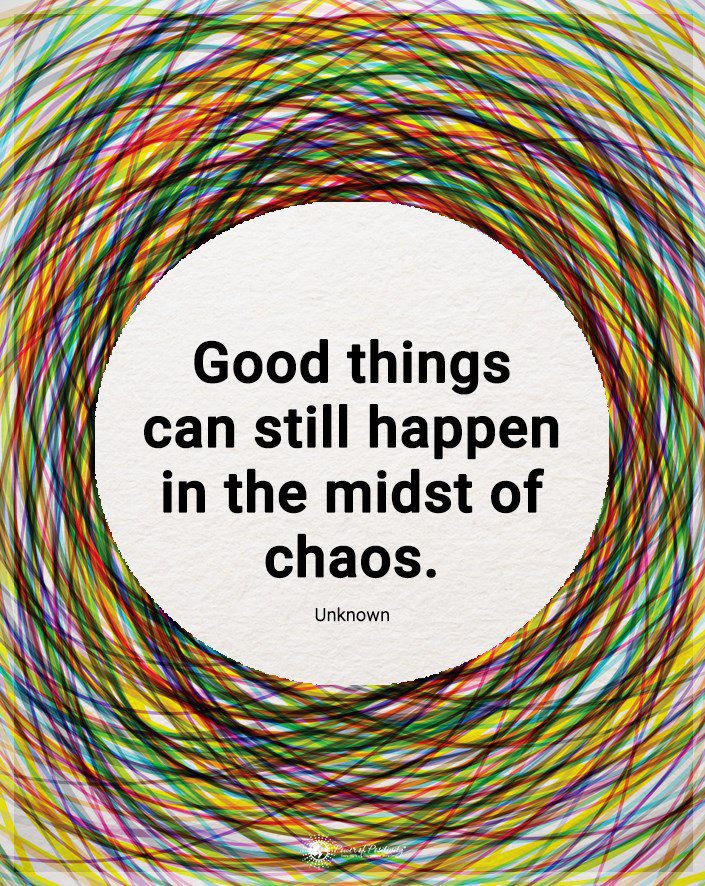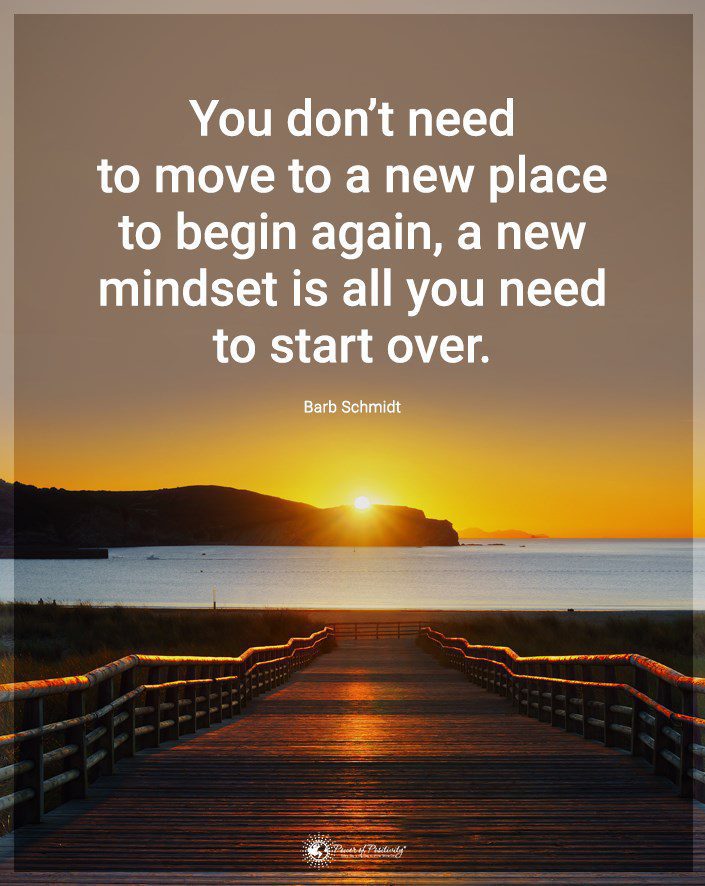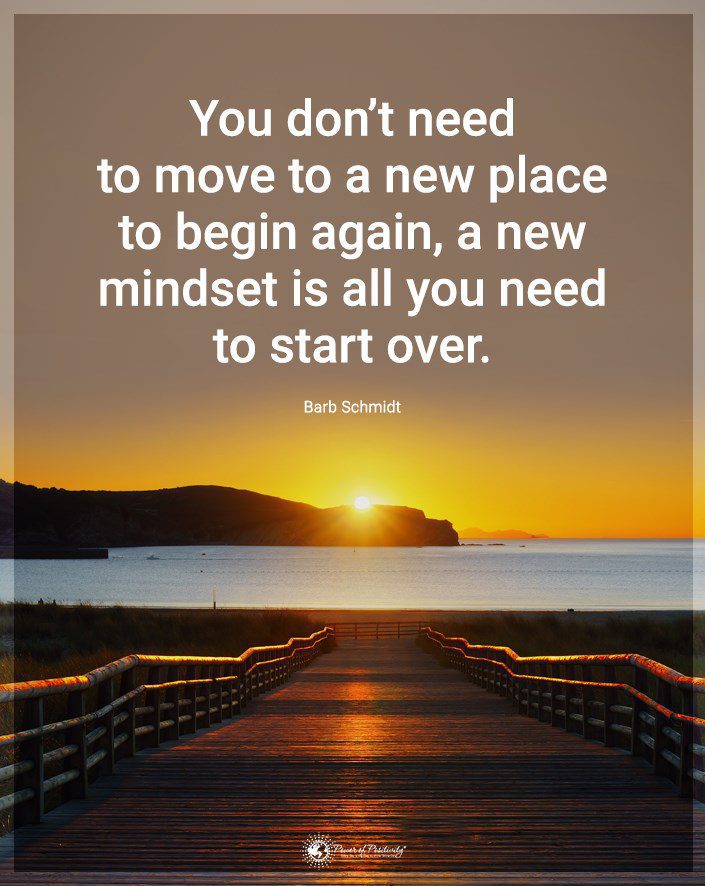Have you ever wondered if you’re emotionally healthy? Life is full of challenging events and circumstances that can take a toll on you emotionally. Perhaps you’ve suffered because of trauma or an accident. Maybe your family and friends don’t realize what you’re going through. If you wonder about your emotional health, here are five signs to confirm you need emotional healing.
According to the National Institute of Mental Health, in 2019, approximately 51 million adults living in the United States struggled with a mental health condition. That’s one of five adults. These conditions range from severe to mild. Many of these individuals never get proper treatment.
5 Signs you need emotional healing
If you need emotional healing, you may see these signs.
1 – You struggle with daily anxious thoughts if you need emotional healing
One sign you need emotional healing is that you’re constantly worried or anxious. You may feel sad or consumed by worrying about the potential of something bad thing that could happen to you or a loved one. The anxious thoughts may get in the way of your daily life. You may feel hopeless like there’s nothing good happening in your life. If you feel like some of these phrases represent how you’re feeling, then it may be time to reach out for help. If you continue to push forward with these anxious thoughts, they will only get worse. Get the help you need and find relief from feelings of anxiety and worry.
2 – If you need emotional healing you overreact to things
If you overreact to little things all the time, it could mean you’re struggling emotionally. Do you get angry while driving? Do you go off on people when they are rude in a store? Are you getting angry at work regularly? These are signs you may not be emotionally healthy. Do you constantly struggle with feeling
- Edgy
- Irritated
- Impatient
- Touchy
- Ready to explode
Having these feelings regularly means you’re not emotionally healthy. If you continue down this road, you’re going to make matters worse. Anger can lead to harming someone or getting yourself in trouble with the law. You can end up with physical problems due to anger, such as these:
- Heart problems
- High blood pressure
- Adrenaline surges that affect your immune system
- Shorten your life
- Tense muscles in your neck and back
If you struggle with these intense feelings of anger and frustration every day, try to get help right away. You’re putting yourself and others in danger. Your emotional health is worth the effort. Reach out today to a counselor or therapist in your area to get help with your anger.
3 – Lack of trust
Everyone has people they trust. If the people you work with, your family, or your friends have proven themselves trustworthy, yet you struggle to trust them, this could be a sign that you need emotional healing. Maybe you suspect these people of cheating on you or stealing your money. Maybe you’ve told them things that now you regret and think they’ll use against you. If you’re constantly suspicious of your family and friends, it could be a sign of mental illness. You’re not having rational thoughts. Your lack of trust in anyone isn’t healthy and could lead you to make poor decisions. Emotional healing is important for you. You need the support of family and friends. If you push them away, you will find yourself isolated and lonely, which will only make your emotional struggles worse. Don’t push those who love away. Find help for your lack of trust.
4 – Negative feelings are present if you need emotional healing
Everyone struggles with negative feelings once in a while. But if you’re constantly harboring negative feelings, it’s unhealthy for your mental state. Fear, worry, mistrust, anxiety are all negative and can wear down both your body and your mind. If you find that your day is filled with negative thoughts that lead you to feel sad or discouraged, it could be a sign that you need emotional healing.
Are you able to shake off these negative feelings or do they affect your ability to work or function at home? Can you step back and figure out what causes these feelings, or do they just seem to overtake you without warning? Don’t allow negative feelings to crowd out your joy in life or stop you from doing the things you love. Turn your negative feeling into more balanced ones. Try things like
- Journaling: Write down your thoughts every day, especially about what’s bothering you. Look for positive things that you’re grateful for and write these in your journal.
- Take a walk: Get outside and breathe in fresh air to help rid you of your negative feelings.
- Exercise: Exercising helps your mind and body feel less stressed and anxious.
- Eat nutritious foods: Eat a well-balanced diet instead of foods high in fat and sugar. These affect your mood. Eat natural foods instead of processed since they are high in sodium.
5 – Not sleeping well
- Studies found that individuals who are sleep-deprived are prone to irritability, sadness, frustration, and anger. Lack of sleep puts you in a bad, negative mood. These same studies say lack of sleep can result from a mood disorder. Some psychiatric conditions cause sleep problems like
- Anxiety
- Depression
- Bipolar disorder
A lack of sleep also affects your physical health. If you’re not sleeping well, it can cause these adverse outcomes:
- Type 2 diabetes
- Heart problems
- High blood pressure
- immune problems
- Inability to concentrate
- Stroke
- Lower sex drive
What is emotional healing, and how can you have it?
Having emotional health means you can take control of your feelings, thoughts, and emotions so they don’t interfere with your daily life. Emotional healing is dealing with and accepting all the negative emotions from the painful things in your life.
If you realize you need emotional healing, here are some ways to get started.
Try to understand what you’re feeling
Don’t judge yourself, but try to understand what you’re feeling and why. Accept that you are the way you are, and move towards healing. Beating yourself up won’t help you. It will make your anxiety and tension worse.
Ask yourself these questions:
If you are aware of intense emotions, ask yourself some questions to better understand what’s going on in your heart and mind.
- What am I thinking about right now?
- What emotions am I feeling that are connected to these thoughts?
- Why am I feeling this emotion right now?
- What do I call these emotions? Is it anger, frustration, irritation, fear?
- Is this familiar to me or something new?
- How long have I felt like this?
- Is there some memory associated with this emotion I’m having?
Once you understand exactly what you’re dealing with, it can be easier to deal with them.
Ask God to help you
You are a thinking, feeling, spiritual being, a mortal. Look to God for help when you’re feeling overwhelmed with emotions. Pray for strength and guidance on how to let go of your anxiety, find people who can walk with you through your healing, and for grace to heal.
Turn off your anxiety
If you’re feeling anxious, try some anxiety management strategies, such as deep breathing techniques or relaxation techniques. Find that “inner anxiety button” and turn it off. Decide you’re going to be calm and resist the urge to let anxiety control you.
Practice mindfulness
Practice mindfulness techniques to find relief from your anxiety. Begin by being aware of the present moment. Calmly acknowledge how you feel and what you’re thinking. Listen to the sounds around you-the outside traffic noise or the sound of your refrigerator running. Allow those sounds to calm you. Feel the coolness of the table where you’re sitting, or smell the fragrance of coffee being made. Any way to slow down your strong emotions and find some peace at the moment can help you heal emotionally.
Turn your experience into something worthwhile
The experiences you have in life give you a perspective that others may not have. Try to learn everything you can from your experiences. See if there are little nuggets of wisdom that you can receive from them. This is turning your pain into positives. Allowing the hard experiences to not be wasted, but tools that teach and help you in the future.
Remember, things will change
When you’re in the middle of emotional turmoil, it can feel like life will always be like this. But life changes and even the most difficult things pass by. Remember, you can start again. Rebuild your life one step at a time. Begin to find the emotional healing you need so you can enjoy your life. Life may look different. You may need to use strategies to calm yourself or schedule times with a counselor who helps you rebuild your mental health. That’s okay. The main thing is that you are moving forward and finding the healing you need.
Final thoughts on seeking emotional healing
If you’ve gone through an especially difficult time in your life, you may find that you need emotional healing. It’s not uncommon to struggle with intense emotions, such as anger, fear, anxiety, or worry. These signs can help you realize the extent of your emotional struggles and motivate you to find the emotional healing you need. Hopefully, some of these suggestions for emotional healing will help you rebuild your life and help you get back your joy in living.

